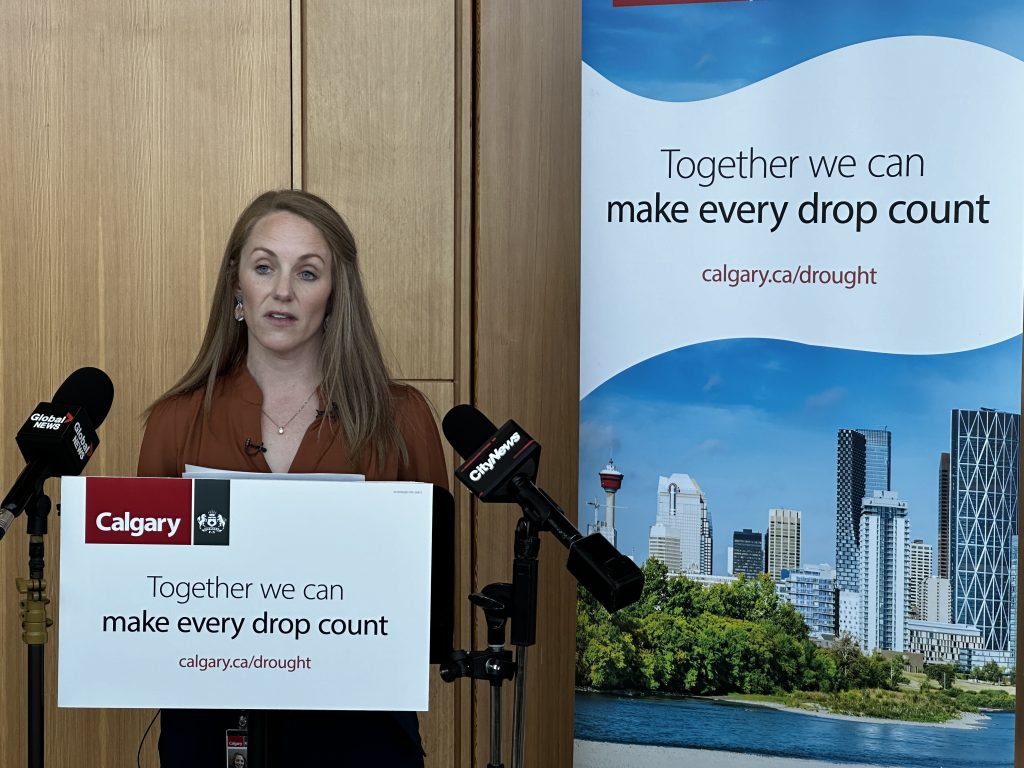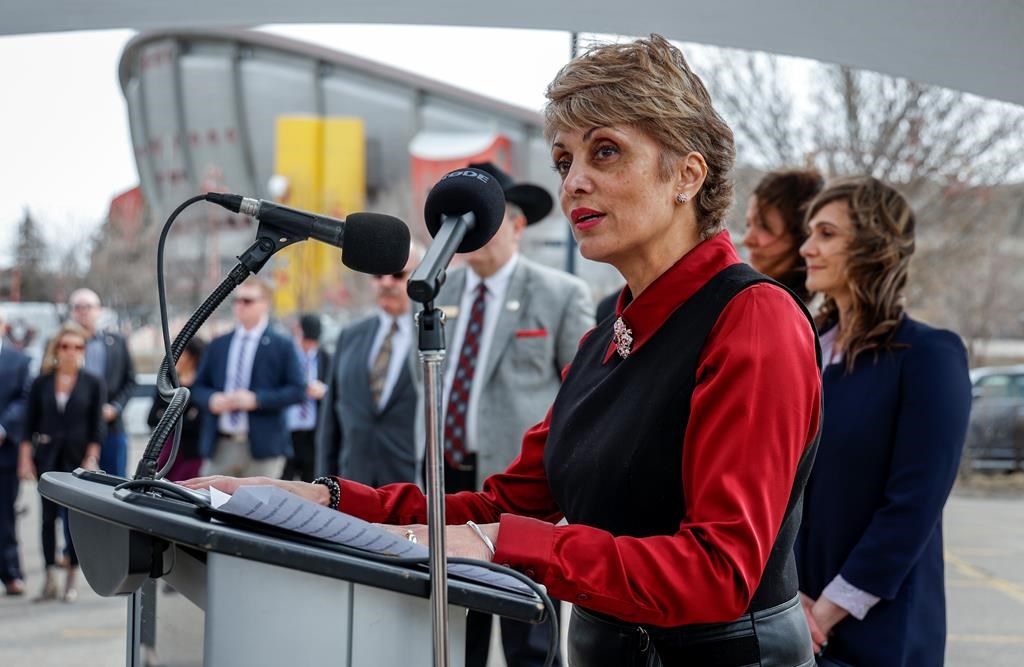Dutch foreign minister endorses talk of Alberta oilsands discrimination by EU
Posted May 18, 2012 5:41 pm.
This article is more than 5 years old.
OTTAWA – The Netherlands foreign minister says he favours an evidence-based discussion on whether Alberta’s oilsands are being discriminated against under the European Union’s proposed fuel-quality directive.
Earlier this year, Canada picked up a key ally when the Netherlands, with France and Britain, abstained from a key vote that delayed Europe’s fuel-quality directive until next year — a directive the Harper government views as discriminatory, and has vigorously lobbied against across Europe.
“We think that it’s important to be serious about oilsands, no doubt about that. At the same time, we are open to discussions about the threat of discriminatory practices and we are also … very much leaning towards evidence-based analysis,” Dutch Foreign Minister Uri Rosenthal said in an interview Friday.
Canada has lobbied hard for two years to block the EU’s fuel-quality directive, which it says would unfairly label oilsands crude as dirty oil. The directive would assign greenhouse-gas emission values to different sources of fuel, and Canada fears oilsands crude would be categorized 23-per-cent higher than conventional oil.
Canada sells very little oil to Europe, but is worried about the precedent such a label would set.
Rosenthal deflected attempts to pin down where his government stands on the oilsands. But he sent sympathetic signals toward Canada.
It’s no secret that the Netherlands’ own Royal Dutch Shell is investing in the Alberta oil fields, as are the major oil companies of Britain and France.
“I don’t feel able to go into the specifics of this, but I do know that part of the discussion is about the threat of discriminatory outcomes of the implementation of such a directive,” said Rosenthal, who was in Ottawa for discussions with Harper cabinet ministers ahead of the NATO summit in Chicago on the weekend.
“If we abstain in the voting process, it’s because we think it’s necessary to abstain. We don’t talk about lobbies because lobbies from one side will be countered and neutralized by lobbies from the other side.”
Natural Resources Minister Joe Oliver, who has led Ottawa’s campaign against the directive, has said repeatedly that Canada is being unfairly discriminated against. He has argued that oilsands crude produces similar, or in some cases, lower greenhouse-gas emissions than some of the EU’s sources of oil imports.
The Canadian lobbying that Oliver spearheaded in Europe was heavily opposed by environmental groups. In the end, the lobbying appears to have bought Canada some time because the EU decided last month to conduct an impact study on the directive, postponing a vote until 2013.
“We don’t talk about myths, we talk about facts. And these facts should come on the table in a very straightforward way,” Rosenthal said.
“There are a couple of concerns we, on our end, have. And if the Canadians have these concerns as well, that is then part of the story.”
On other major issues, there is not so much as a crack of daylight between the Dutch and Canada.
The countries are staunch allies because of Canada’s liberation of Holland from Nazi Germany in the Second World War.
Rosenthal said his country is pushing hard for the completion of a Canada-EU free-trade agreement before the year is out.
Rosenthal also threw unequivocal support behind Canada’s decision — criticized in some quarters — to create an Office of Religious Freedom in the Foreign Affairs Department.
Foreign Affairs Minister John Baird has yet to formally announce the creation of the new office, even though the Conservatives introduced it in their last election campaign platform 13 months ago.
Rosenthal said his country would join with Canada at the United Nations General Assembly in September to “press for a focus on individual freedom of religion.”
“It is an unacceptable violation of human rights. Restricting religious freedom, whether of groups or individuals, ultimately threatens international peace and security,” he told students in an earlier speech Friday at the University of Ottawa.
“So freedom of religion is an important theme in my human-rights policy.”










